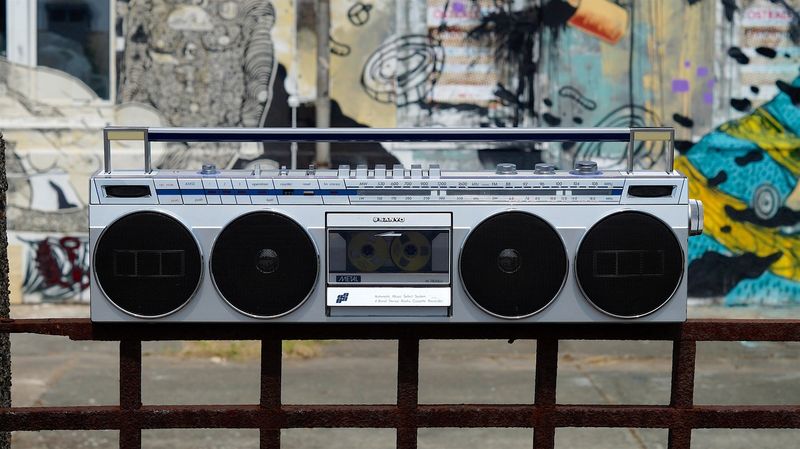Hip-hop music has long been one of the most influential and enduring genres in popular music. While it is now a globally recognized phenomenon, its roots can be traced back to the 1970s when it emerged in the Bronx, New York. During this time, DJs and MCs would gather in parks and community centres to showcase their skills and share their music.
At this time, DJs would use turntables and mixers to create a live mix of records from funk, jazz, soul, and African-American music. The music was often accompanied by MCs, who would use the beat as a backdrop to share their stories and ideas. This combination of music, culture, and storytelling laid the foundation for early hip-hop music.
One of the pioneers of early hip-hop music was DJ Kool Herc. Known as the “father of hip-hop,” Herc was instrumental in developing the genre. He is credited with creating the “break beat,” which is a repetition of the percussive section of a musical track. This technique allowed DJs to extend the length of a track and create a continuous mix of music. Herc also developed the use of the “MC,” or Master of Ceremonies, who would rap over the beats.
Other important early figures in hip-hop include Afrika Bambaataa and Grandmaster Flash. As well as creating their own music, these DJs also provided a platform for other up-and-coming MCs to showcase their talent. This period of early hip-hop also saw the emergence of many classic songs, such as Grandmaster Flash’s “The Message” and the Sugarhill Gang’s “Rapper’s Delight.” These songs were hugely influential in spreading the popularity of hip-hop music.
The early days of hip-hop were characterized by a spirit of creativity and experimentation. DJs and MCs were constantly pushing boundaries and exploring new sounds and styles. This was also a period of innovation, with DJs using their turntables to create their own original beats, and MCs developing their own unique flows and lyricism.
Early hip-hop also paved the way for a new form of self-expression. MCs used their rhymes to tell stories, express their feelings, and share their perspectives on the world. This was an important form of empowerment for many African-American youth, who were often disenfranchised from mainstream society.
By the 1980s, hip-hop had spread beyond the Bronx and become a worldwide phenomenon. Today, hip-hop is enjoyed by millions of people around the world, and its influence can be seen in almost every genre of popular music. While it has evolved and changed over the years, it is still rooted in the creativity and innovation of its early pioneers.
Early hip-hop music was a powerful force that changed the landscape of popular music. It gave a voice to an often-marginalized group of people and provided an outlet for self-expression. Its influence can still be felt today, and its legacy is likely to continue for many years to come.

